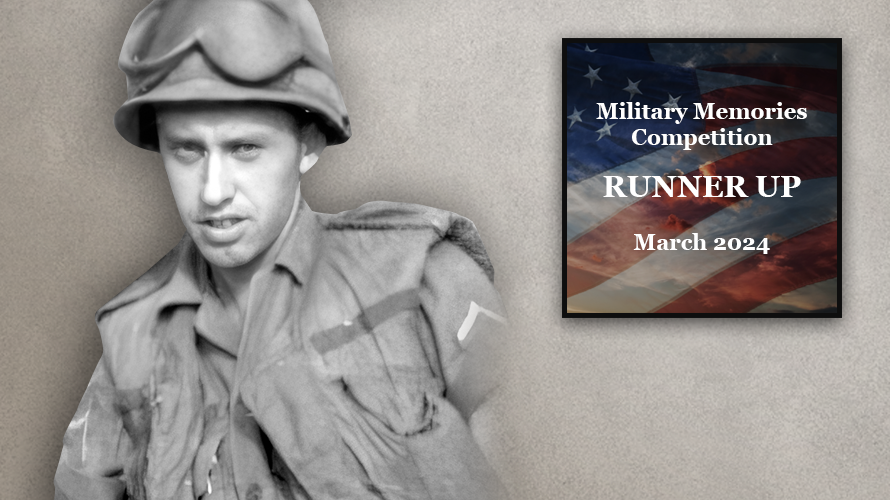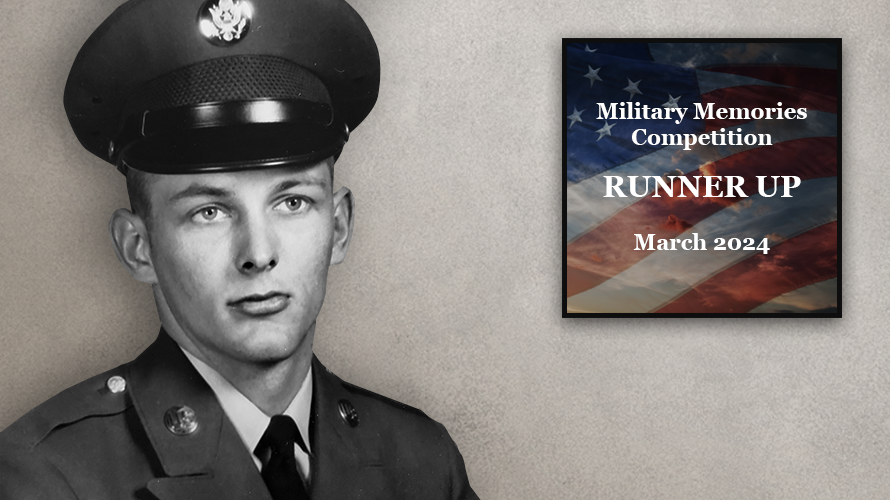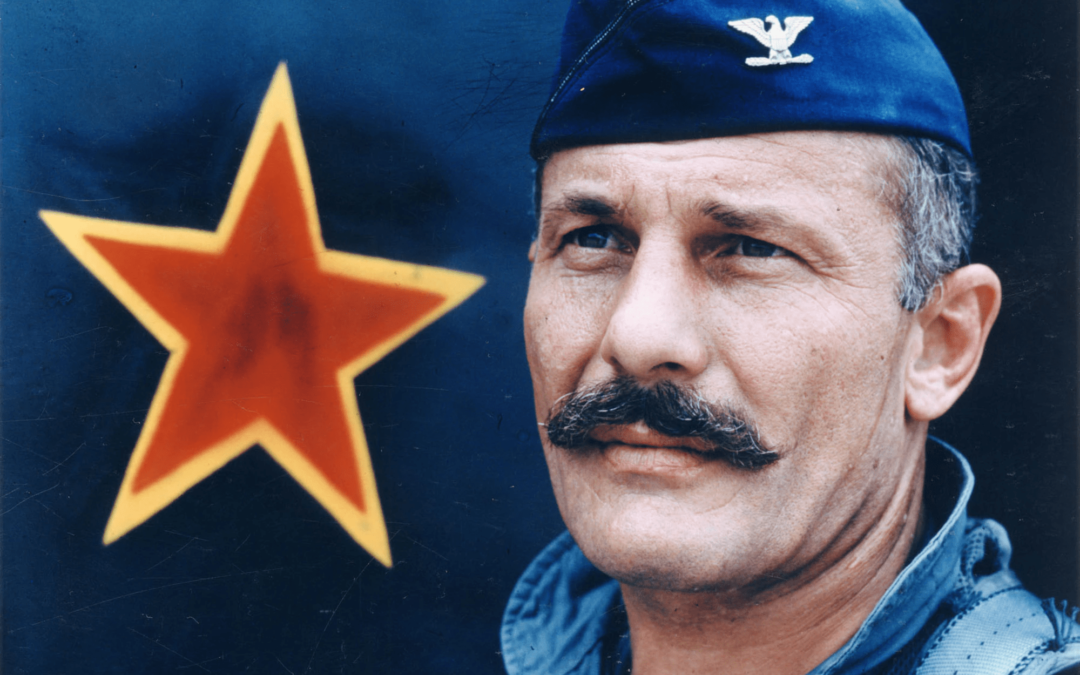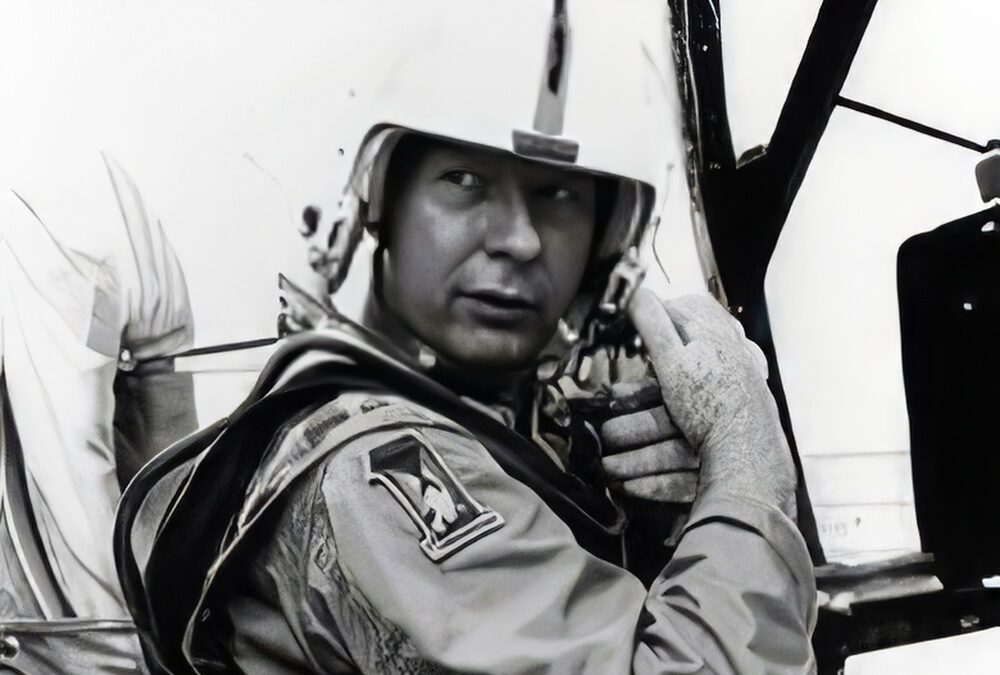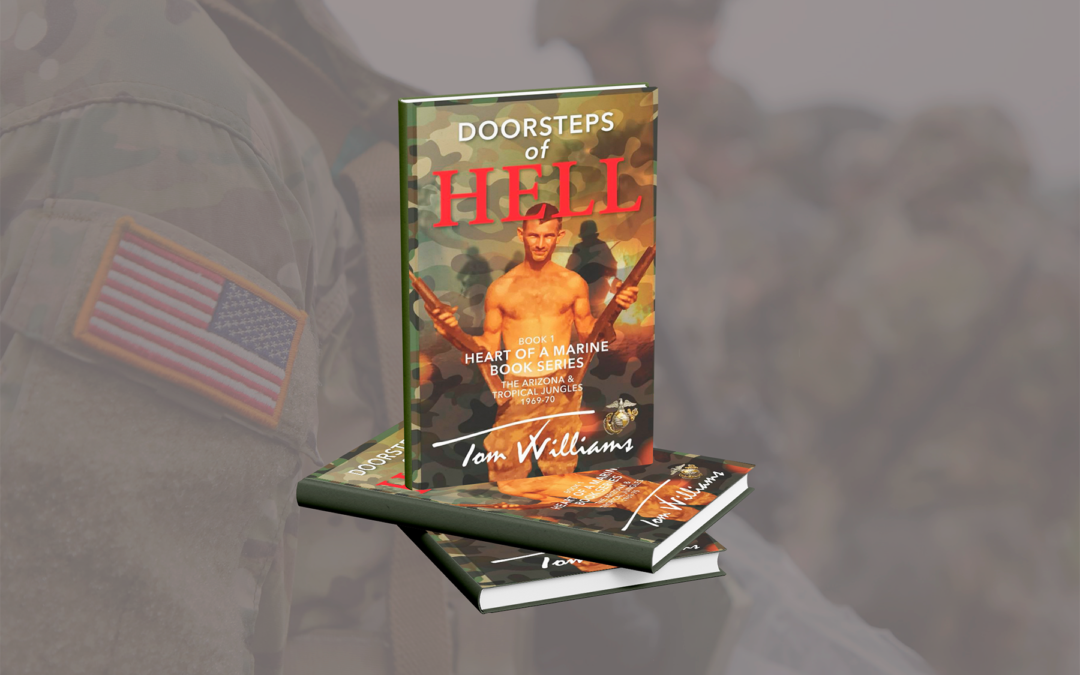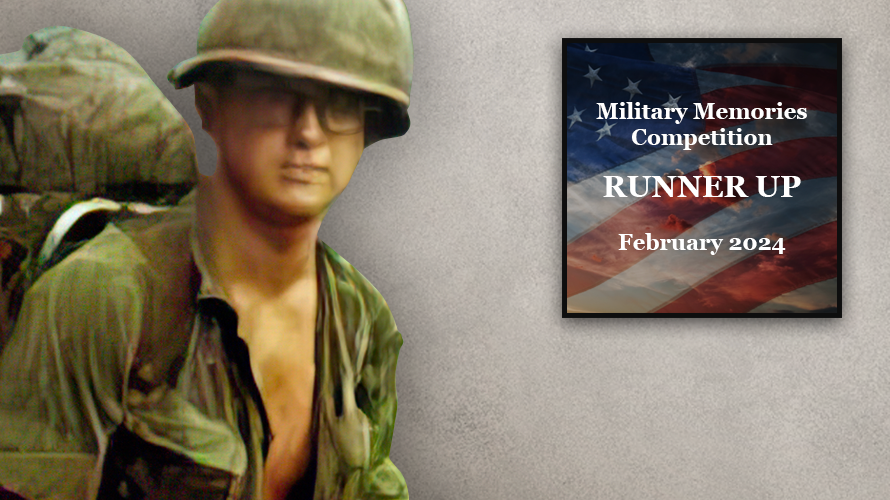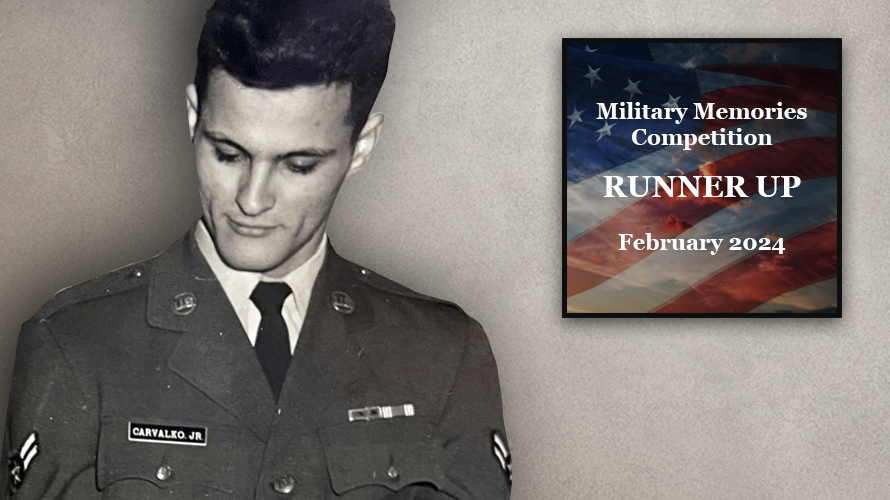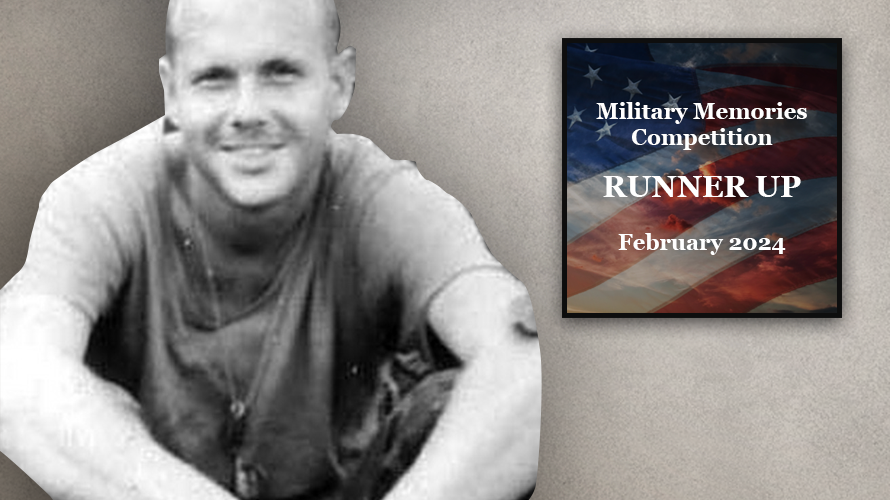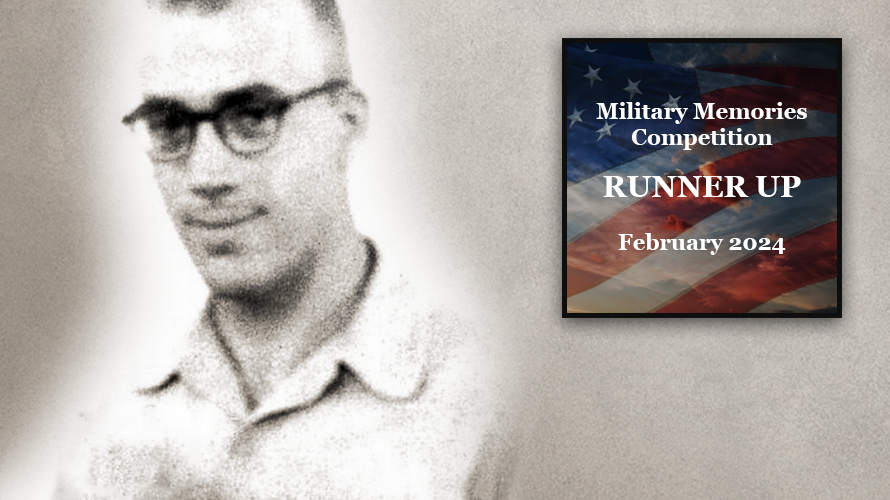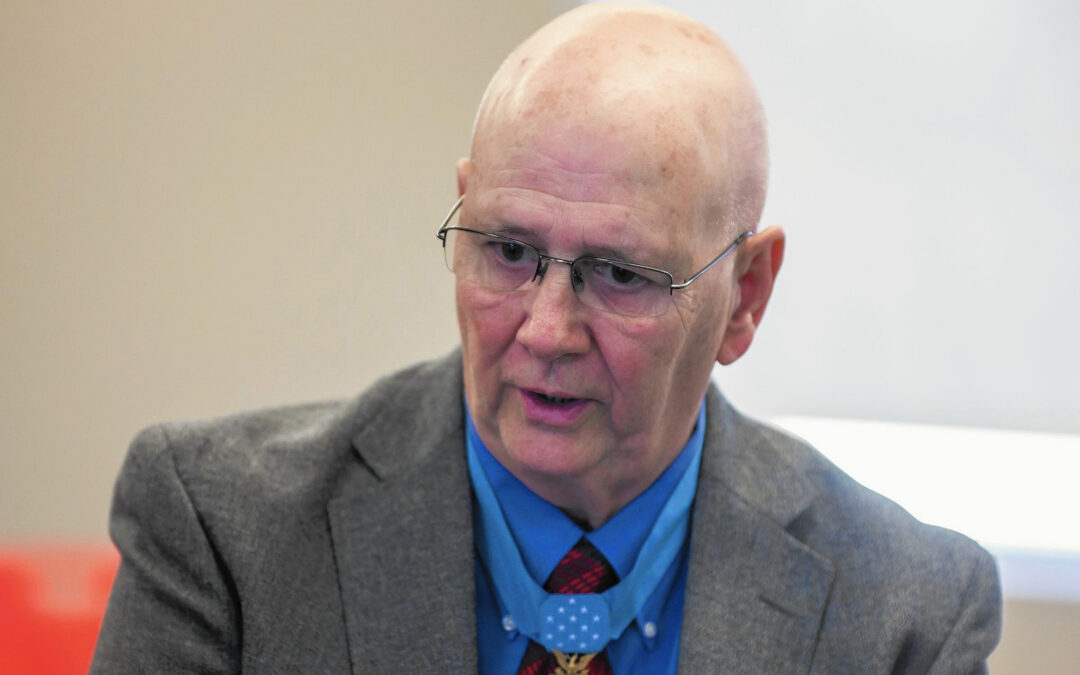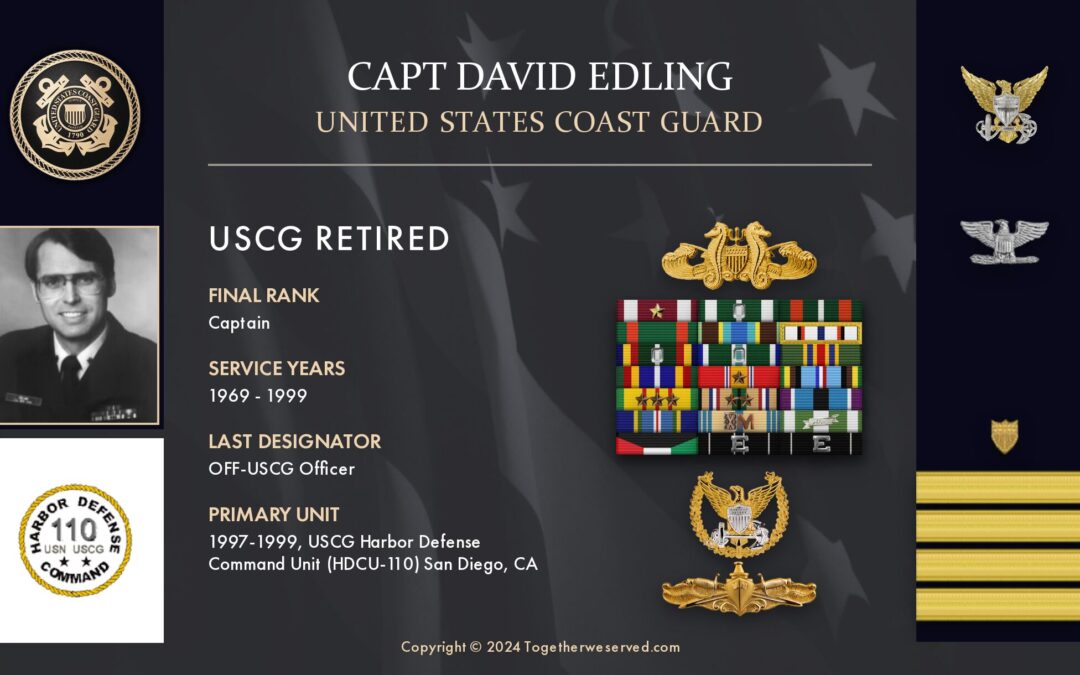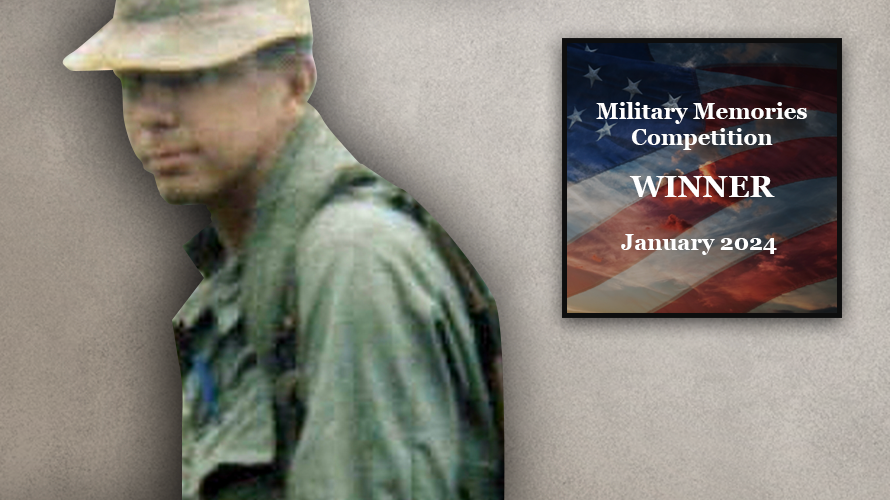List the names of old friends you served with, at which locations, and recount what you remember most about them?:
Darkest Day for Blackhorse, SUOI CAT, By Robert Bob Kickenweitz. The 21st of May 1967 was a beautiful sunny Sunday morning, the day you were happy to be alive. I got up, put on a clean set of fatigues, and went to breakfast at the mess hall. Leaving the m ss hall, I noticed steam coming up from our tent as the dew from the night before was evaporating from the heat of the sun into little clouds. Yes, that’s just what we needed in South Vietnam: a little more humidity! After breakfast, I walked up to our chapel about one block from my tent for Sunday mass. Our chapel was located on the southwest corner of an intersection, with the 7th Surgical Hospital on the northwest corner, and across the street diagonally from the chapel on the northeast corner was the 37th Medical Group, and on the southeast corner was Regimental Headquarters.
